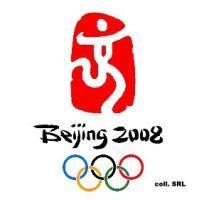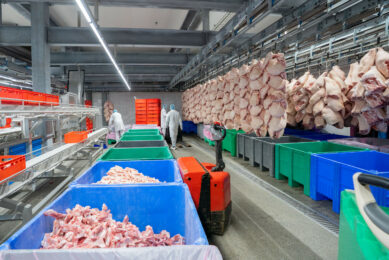China to breed hormone-free pigs for Olympics

To avoid false-positive doping tests among athletes attending the 2008 Olympic Games in Beijing, China will serve them pork produced without any hormones.
The pigs will be produced by Qianxihe Food Group at secret locations. The pork would not cause Olympic athletes to fail doping tests due to residual antibiotics and steroids. “Anti-doping concerns during the Olympics have caused officials to tighten food safety regulations so that athletes will be guaranteed food quality,” company spokesman Niu Shengnan said.
Extra monitoring
Food for athletes would be strictly monitored through every step of farming, processing and transport, according toWang Wei, secretary-general of the Beijing organising committee for the games. “Our country and the Beijing municipal government are taking the food safety issue very seriously, especially for the Olympics,” Wang said. In an indication of the concern Olympic organisers had about food quality, Niu said visitors to the three pig-rearing centres near Beijing had to pass a three-day quarantine process before getting in. “No living organisms are allowed within 500 metres of the centre. Even when inspectors go, they must first be quarantined for three days before being allowed to set foot inside,” Niu said.
Pork supplies
China faces high pork prices following an outbreak of a variation of Porcine Reproductive and Respiratory Syndrome virus – also known as blue ear disease – which has killed about 1 million pigs since May last year. “Luckily we have already begun raising pigs for the Games, so supplies should not be a problem,” said Niu.











